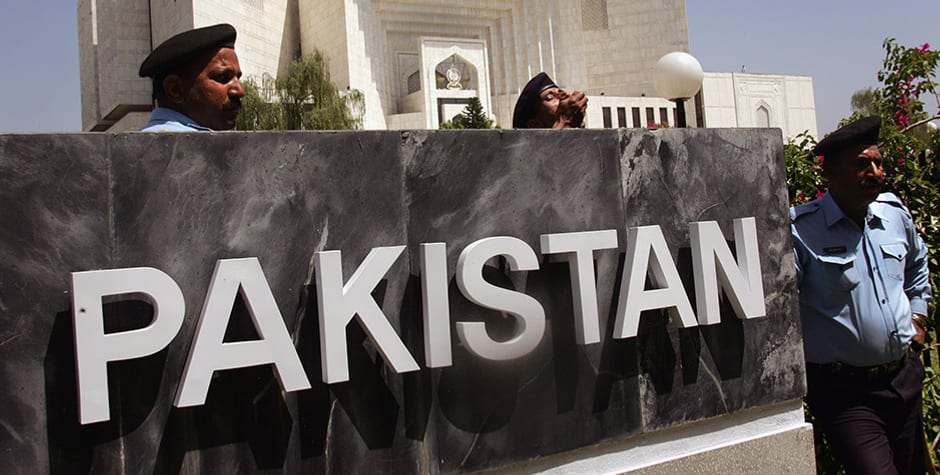Pakistani Court Unjustly Acquits Four Muslims Who Murdered a Christian Boy—ACLJ Affiliate Appeals
In a heart-wrenching case, a Pakistani judge has acquitted four Muslims who raped and murdered Iftikhar Masih, a 12-year-old Christian boy.
On August 22, 2021, Iftikhar went to play with his friends in the neighborhood but did not return home. After looking for him for a day or so, the family informed the police. A missing person’s report was filed, and the police began searching for him.
Two months later, someone in the neighborhood heard three boys Ahmad Sultan, Ali Hassan, and Haider (ranging from 16 to 17 years old) fighting. One of them said, “I will tell people what you guys did to that Christian boy.” The person who overheard the conversation told Iftikhar’s father, Shahbaz Masih.
Shahbaz informed the police, and the police immediately arrested the three boys. During the investigation, the police discovered that the three boys and a 20-year-old man, Muhammad Azeem, had killed Iftikhar after committing sodomy on him. The three boys led the police to a sugarcane field where they had buried Iftikhar’s body.
The police recovered 29 bones (except the skull) and clothes. Iftikhar’s family immediately recognized his clothes. The bones were sent to the forensics laboratory for identification.
About two days later, the police also arrested Muhammad Azeem, who led the police to the same sugarcane field. Azeem pointed to where the four had buried Iftikhar’s skull.
The bones and the skull were matched to Iftikhar’s father’s DNA. The bones were then returned to the family for burial.
Despite the clear evidence that no one else knew where Iftikhar was buried, and no evidence of the defendants’ innocence was presented, Additional District and Sessions Judge Shaukat Javed Khan, in Jaranwala, acquitted all four.
The decision is especially egregious because each defendant identified the location of the body or skull. For two months, they hid this information until they were arrested. Yet, the judge disregarded these facts.
Instead, the judge’s reasoning for acquitting the perpetrators is based on a discrepancy in the witness’s account regarding the time when he heard the three boys talking about killing Iftikhar. In the decision, the judge also pointed to a different witness’s testimony that he had seen Iftikhar playing with the three boys before he went missing. The judge reasoned that the fact that the witness did not inform Iftikhar’s family about seeing him playing with the three boys after he went missing creates a doubt about the truthfulness of his statement, inferring that the witness did not see Iftikhar playing with the defendants. Neither of the two witnesses’ statements weaken the fact that only the defendants knew where Iftikhar’s torso and head were buried.
We see this all too often in Pakistan, where Christians face a two-tiered system of justice. Christian victims are treated differently and Muslim attackers are given a pass.
Our team of attorneys in Pakistan and the U.S. is preparing an appeal to be filed at the High Court in Pakistan. We will continue to fight for Iftikhar’s family whom I met last year.
Sadly, this is a very poor family living in a small village in Pakistan. Iftikhar’s mother has a physical disability and cannot speak. I asked his older sister what we could do for them. She said, “I just want justice for my brother.” Iftikhar’s younger siblings also miss him very much.
The ACLJ and our team of lawyers, both here and abroad, will continue to fight for justice in this very troubling case.
